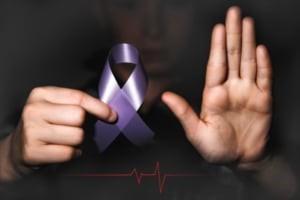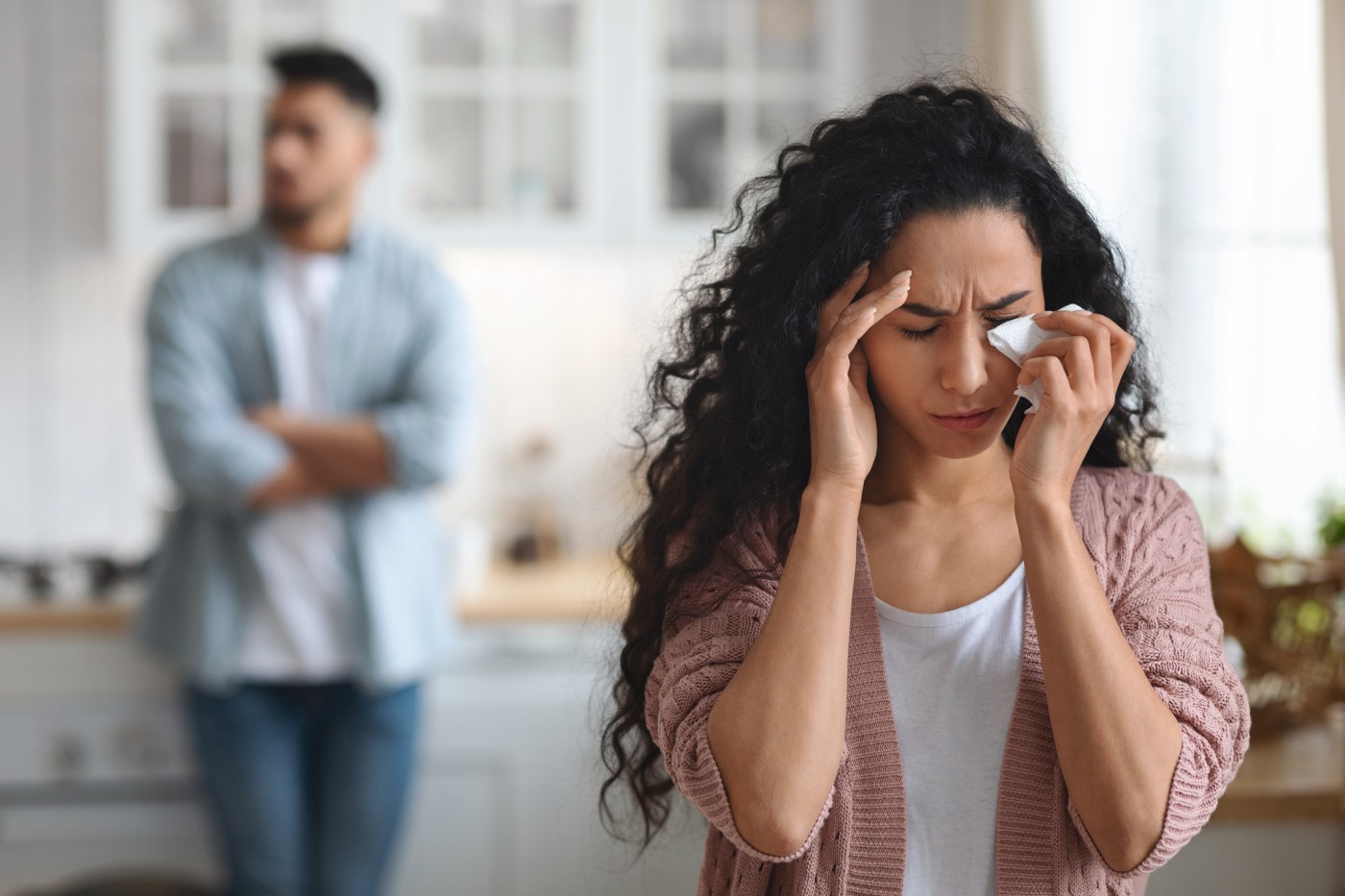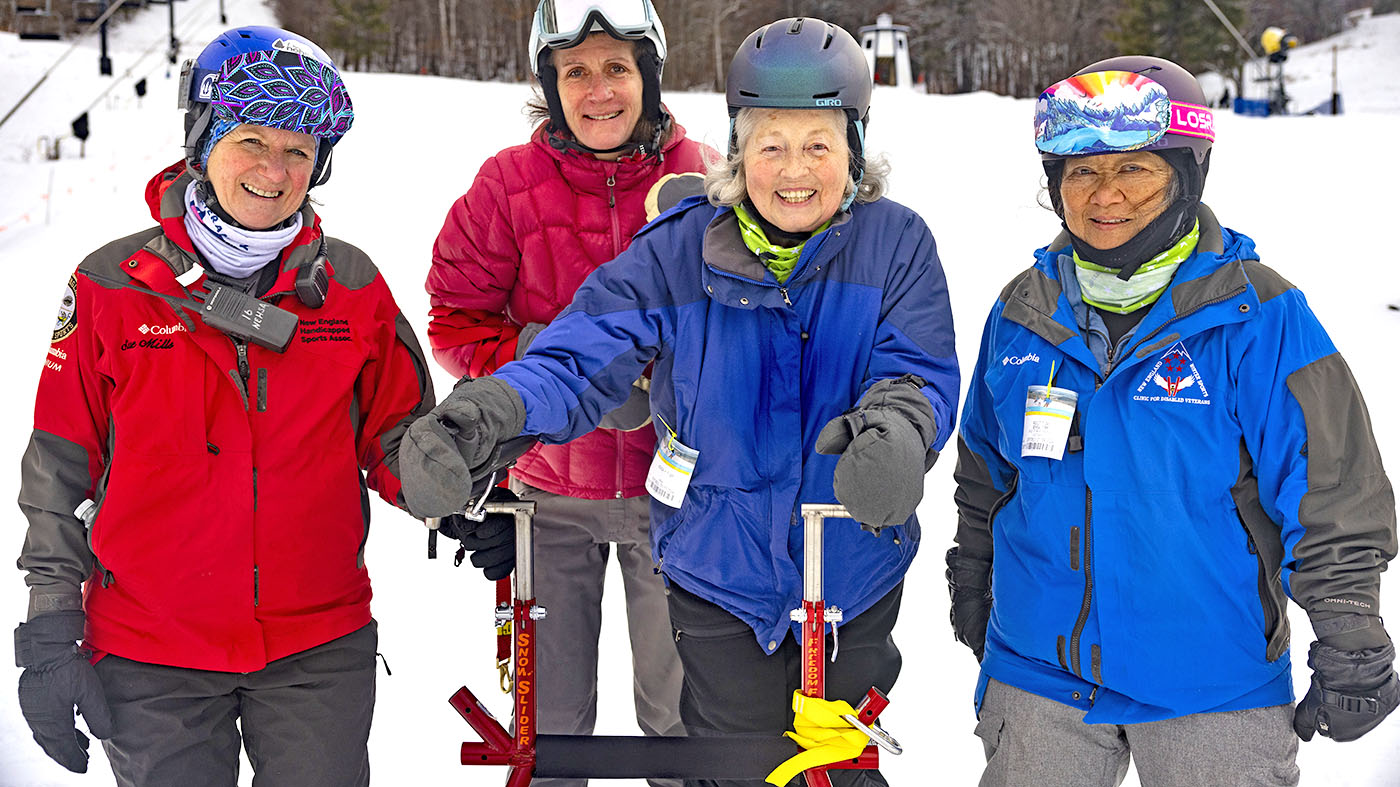VA is committed to fostering Veterans’ healthy relationships, and we’re working to improve services to Veterans who’ve experienced domestic abuse, including intimate partner violence.
VA’s mission is to care for those “who shall have borne the battle” and for their families, caregivers and survivors. As part of this mission, we are steadfastly committed to addressing and ending intimate partner violence (IPV) through giving Veterans the tools and support they need to foster healthy relationships.
Since 2014, VA has provided comprehensive and integrated services to Veterans and their partners experiencing IPV via the Intimate Partner Violence Assistance Program.
This program helps Veterans, their partners and VA staff learn about warning signs, at-risk behaviors and how to get help. These services are available to Veterans, their partners and even VA staff members who may be affected by any form of IPV (verbal, emotional, psychological, physical or sexual).
Veterans disproportionally affected
According to VA Care Management and Social Work Executive Director Jill DeBord, approximately one in three women and one in four men in the general population report experiencing intimate partner violence. But research from VA’s National Center for Post-Traumatic Stress Disorder shows that Veterans may be disproportionally affected.
VA’s dedication to this issue goes beyond the current programs and services we offer. Recently, VA initiated a pilot program to improve services to Veterans who have experienced or are experiencing IPV or sexual assault. This two-year initiative was launched at 10 VA medical facilities across the nation with a focus on strengthening community partnerships.
It will also provide training for VA staff and community partners, identify effective clinical interventions and provide outreach to underserved areas and populations.

We are committed to giving Veterans the support they need to foster healthy relationships, and we’re working to improve services to Veterans who’ve experienced domestic abuse.
Deborah Sampson Act
The pilot program, which stems from the Johnny Isakson and David P. Roe, M.D. Veterans Health Care and Benefits Improvement Act of 2020, Title 5 Deborah Sampson Act, will allow us the opportunity to better understand and address IPV and sexual assault among the Veteran population.
We encourage our Veterans who are experiencing intimate partner violence, at risk of using IPV or concerned about someone else to contact their local VA Intimate Partner Violence Assistance Program coordinator, primary care social worker or other provider, or call the National Domestic Violence Hotline at 800-799-7233 or 800-787-3224 (TTY).
Women Veterans enrolled in VA care can also reach out to their Women Veterans Program Manager.
In addition to VA’s Intimate Partner Violence Assistance Program services, Veterans who are victims of domestic violence during military service and develop subsequent physical or mental conditions may be eligible for VA disability compensation.
These Veterans can apply for disability compensation for any current condition caused or worsened by military service, including conditions related to sexual assault or harassment or domestic violence experienced during their time in service.
Veterans who have experienced military sexual trauma and have a current disability are encouraged to file a claim online. For assistance in filing a claim, Veterans may also:
- Contact a local military sexual trauma outreach coordinator.
- Call 1-800-827-1000.
In the mission to end intimate partner violence, VA is here to help.
For more information, visit VA’s Intimate Partner Violence Assistance Program or VA’s Military Sexual Trauma Program.
Topics in this story
More Stories
Spinal cord stimulation implantation helps Veterans suffering from chronic pain improve their quality of life without narcotics.
After Addison’s Disease and lumbar spine surgery, nurse Veteran Gayle Smith re-learned how to ski. “You have more courage than you think.”
Follow these 10 winter safety tips to stay warm, safe and protected during the cold winter.







Why don’t I see anything about what the VA is doing for Vietnam veterans and agent Orange
It’s good to see the VA taking IPV seriously. Domestic abuse is very psychologically damaging and can be deadly. I hope all veterans or their partners who are experiencing IPV will reach out for help.
Where were yoiu VA in 2001 to help prevent our divorce!!!!!